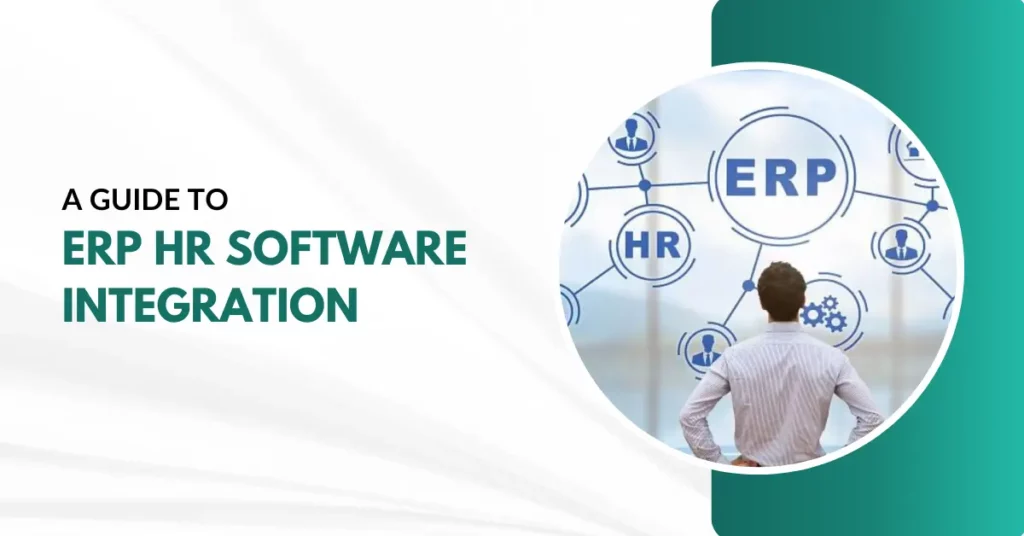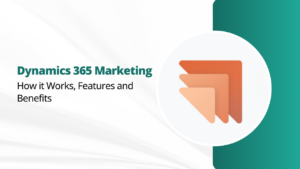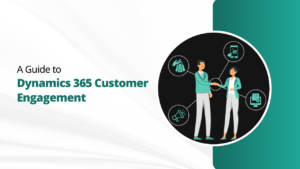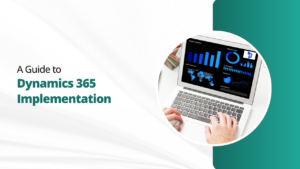In business, staying ahead often means embracing innovation. One area where technological advancements have significantly impacted operations is Human Resources (HR). One such advancement is the ERP HR software integration. ERP systems provide a centralized platform for managing core business processes. On the other hand, HR systems handle the critical aspects of workforce management.
By integrating them, organizations can eliminate data silos and gain real-time insights. This comprehensive guide delves into the intricacies of ERP HR software integration. We’ll explore the benefits of integration and the steps involved in successful implementation.
The Synergy of ERP HR Software Integration
ERP HR software integration involves combining HR-specific modules with an organization’s ERP system. This integration connects HR processes with other functions like finance and supply chain. ERP HR integration builds a relationship between business operations and the workforce. The goal is to create a unified platform that facilitates smoother communication and data flow across the enterprise.
Key Components of ERP HR Software Integration:
Here are the key components of ERP HR software integration:
1. Centralized Data Management: ERP HR integration consolidates employee data into a centralized database. This not only reduces data silos but also ensures consistency across HR functions.
2. Improved Reporting and Analytics: By integrating HR software with ERP, organizations gain access to analytics tools. This enables data-driven decision-making. It allows HR to identify trends and forecast workforce needs.
3. Efficient Recruitment and Onboarding: Integration enhances the recruitment and onboarding processes by automating tasks. Tasks include tracking, document verification, and training program coordination. This reduces manual effort and accelerates the time-to-productivity for new hires.
4. Payroll and Benefits Administration: ERP HR integration ensures coordination between HR and finance departments. This leads to accurate payroll processing and benefits administration. This reduces errors, enhances compliance, and improves financial transparency.
5. Enhanced Employee Self-Service:
Employees can benefit from self-service portals that provide access to essential HR information. It includes pay stubs, leave balances, and training materials. This empowers employees to manage their HR-related tasks. It will eventually free up HR professionals to focus on strategic initiatives.
The Benefits of ERP HR Software Integration
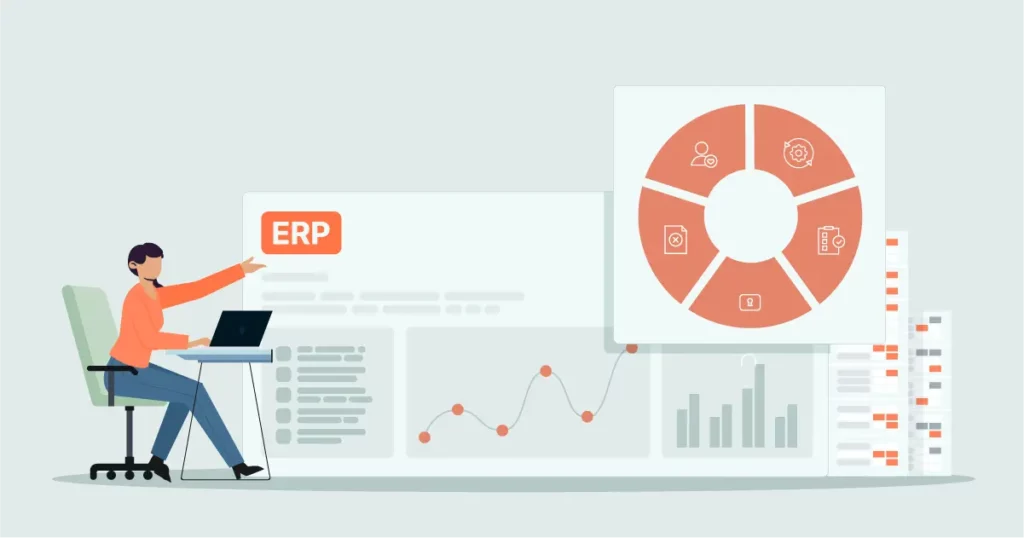
Increased Efficiency: Integration reduces redundant data entry. It minimizes the likelihood of errors and saves time for HR teams. Automation of routine tasks allows HR professionals to focus on strategic initiatives.
Improved Decision-Making: Access to real-time data and analytics enables HR professionals to make informed decisions based on accurate and up-to-date information.
Enhanced Employee Experience: Employee self-service portals and streamlined processes contribute to a positive employee experience. This, in turn, can lead to higher employee satisfaction and retention.
Regulatory Compliance: Integration ensures that HR processes align with regulatory requirements. It reduces the risk of non-compliance and associated penalties.
Improved Compliance: Ensure compliance with labor laws and regulations by maintaining accurate and up-to-date employee records within the integrated ERP HR system.
Implementation Considerations
While the benefits of ERP HR software integration are many, successful implementation requires careful planning. Here are some key considerations:
- Define clear objectives for integration. Ensure alignment with overall business goals and HR strategy.
- Plan for the migration of existing HR data to the integrated system.
- Provide comprehensive training to HR staff and end-users.
- Choose a system that can scale with the organization’s growth.
- Install security measures to protect sensitive HR and employee data.
Maximizing the ROI of ERP HR Integration
To fully realize the ROI of ERP HR integration, consider these strategic tips:
- Involve Stakeholders: Engage key stakeholders from both the ERP and HR departments.
- Use Technology: Use advanced integration tools and technologies to automate data exchange.
- Continuous Improvement: Continuously evaluate the integration to ensure it meets evolving business needs.
- Measure and Communicate Success: Measure the benefits of integration, and communicate to stakeholders.
Conclusion
In a world where adaptability is key, ERP HR software integration is a strategic move to optimize HR processes. It can also elevate overall organizational performance. By integrating them, HR can reduce manual effort, and provide actionable insights. It empowers HR professionals to play a more strategic role in driving success. As organizations continue to evolve, the integration of ERP and HR software stands as a beacon of efficiency.
Contact us if you are looking for experts for HR ERP implementation in your business.

